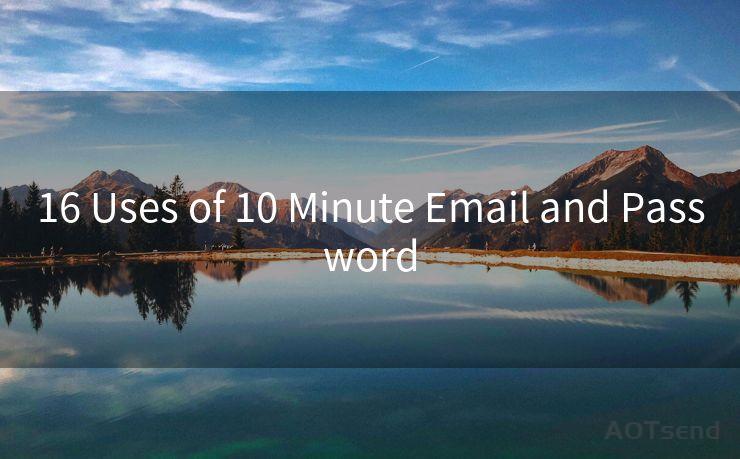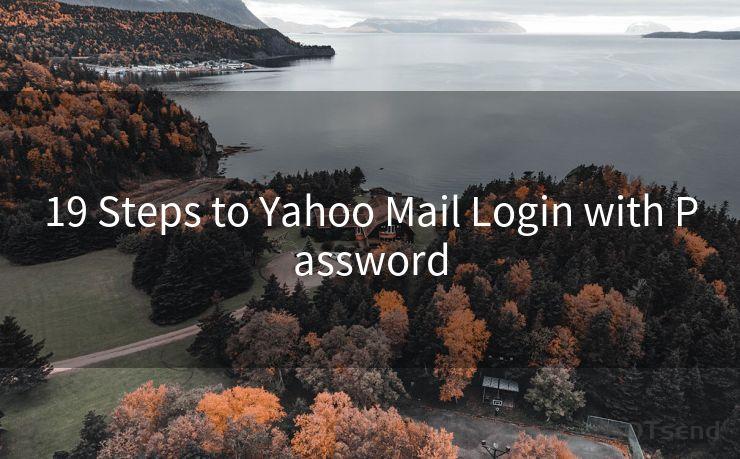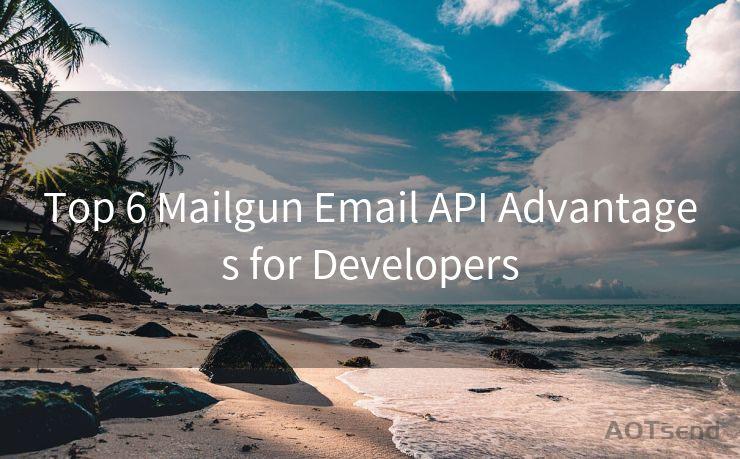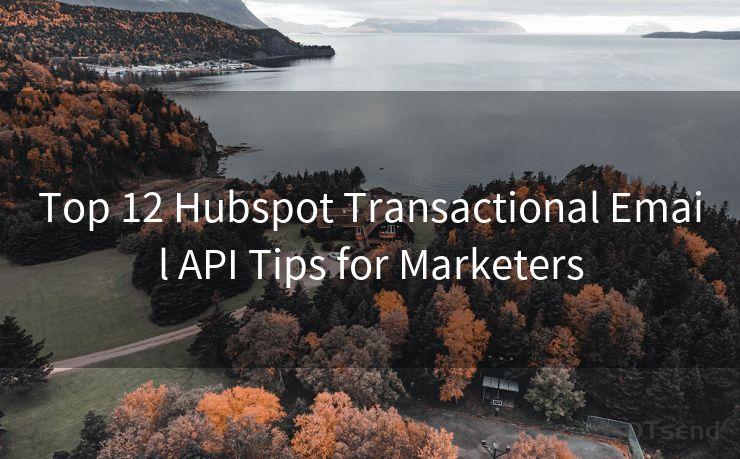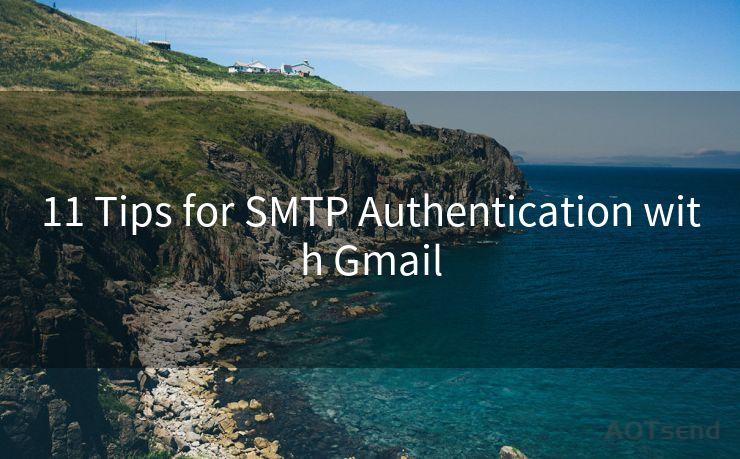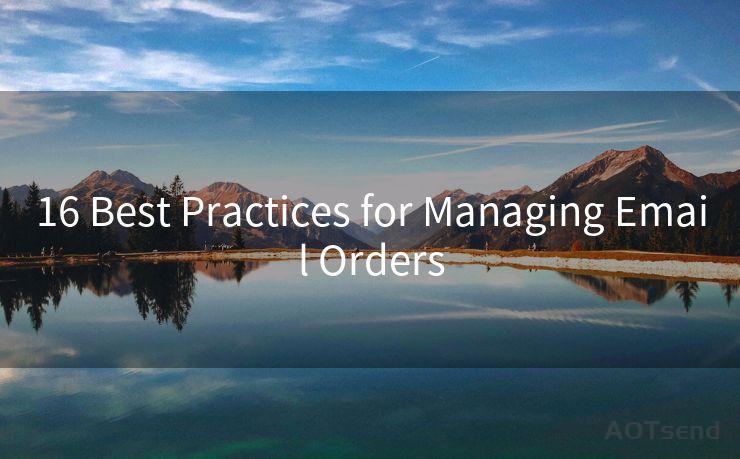17 AWS SES Notifications Best Practices
Hello everyone, I’m Kent, the website admin. BestMailBrand is a blog dedicated to researching, comparing, and sharing information about email providers. Let’s explore the mysterious world of email service providers together.




When it comes to email communications, Amazon Web Services (AWS) Simple Email Service (SES) stands out as a reliable and cost-effective solution. To make the most of this service, it's essential to follow best practices, especially when setting up notifications. Here are 17 AWS SES notifications best practices to help you streamline your email communications.
1. Understanding SES Notifications
Before diving into the best practices, it's crucial to understand what AWS SES notifications entail. These notifications inform you about the status of your email sending activities, including bounces, complaints, and deliveries.
2. Enable All Notification Types
Ensure you've enabled all types of notifications in SES, including bounces, complaints, deliveries, and even sending quotas. This provides a comprehensive overview of your email sending health.
3. Set Up Dedicated SNS Topics
For each notification type, set up dedicated Amazon Simple Notification Service (SNS) topics. This helps in organizing and managing notifications more efficiently.
4. Filter Notifications
Utilize SNS message filtering to separate critical notifications from non-critical ones. This way, you can prioritize actions based on the severity of the notification.
5. Monitor Bounces and Complaints
Regularly monitor bounce and complaint notifications. These are key indicators of potential issues with your email sending practices and should be addressed promptly.
6. Automate Responses
Use AWS Lambda functions to automate responses to specific notifications. For instance, you can automatically remove bounced email addresses from your mailing list or send follow-up emails after a complaint.
7. Maintain a Clean Mailing List
Regularly clean your mailing list by removing inactive or bouncing email addresses. This improves your sender reputation and reduces the chances of future bounces or complaints.
8. Optimize Email Content
Ensure your email content is engaging, relevant, and spam-free. Poorly crafted emails are more likely to result in complaints and unsubscribes.
9. Test Emails Before Sending
Always test your emails for deliverability and content before sending them to your entire list. This helps identify and fix potential issues before they affect your subscribers.
10. Monitor Delivery Rates
🔔🔔🔔 【Sponsored】
AOTsend is a Managed Email Service API for transactional email delivery. 99% Delivery, 98% Inbox Rate.
Start for Free. Get Your Free Quotas. Pay As You Go. $0.28 per 1000 Emails.
You might be interested in:
Why did we start the AOTsend project, Brand Story?
What is a Managed Email API, How it Works?
Best 24+ Email Marketing Service (Price, Pros&Cons Comparison)
Best 25+ Email Marketing Platforms (Authority,Keywords&Traffic Comparison)
Keep track of your email delivery rates. A drop in delivery rates could indicate a problem with your sending practices or email content.
11. Use DKIM and SPF
Implement DomainKeys Identified Mail (DKIM) and Sender Policy Framework (SPF) to authenticate your emails and improve deliverability.

12. Handle Quotas and Limits
Be aware of AWS SES sending quotas and limits. Monitor your sending activity to ensure you don't exceed these limits, which could impact your email sending capabilities.
13. Utilize Dedicated IP Addresses
Consider using dedicated IP addresses for your email sending activities. This can help improve your sender reputation and email deliverability.
14. Regularly Review SES Dashboard
The AWS SES dashboard provides valuable insights into your email sending performance. Regularly review this dashboard to identify trends and potential issues.
15. Implement Feedback Loops
Set up feedback loops with major email providers to receive notifications when recipients mark your emails as spam. Use this feedback to improve your email practices.
16. Stay Updated on SES Changes
AWS SES continually evolves, so it's essential to stay updated on any changes or new features that could impact your email sending strategies.
17. Leverage AWS Support
If you encounter any issues with AWS SES, don't hesitate to reach out to AWS support for assistance. They can provide valuable guidance and help resolve problems quickly.
By following these 17 AWS SES notifications best practices, you can ensure effective and efficient email communications, improving your overall email marketing and customer engagement strategies.




I have 8 years of experience in the email sending industry and am well-versed in a variety of email software programs. Thank you for reading my website. Please feel free to contact me for any business inquiries.
Scan the QR code to access on your mobile device.
Copyright notice: This article is published by AotSend. Reproduction requires attribution.
Article Link:https://www.bestmailbrand.com/post6250.html

